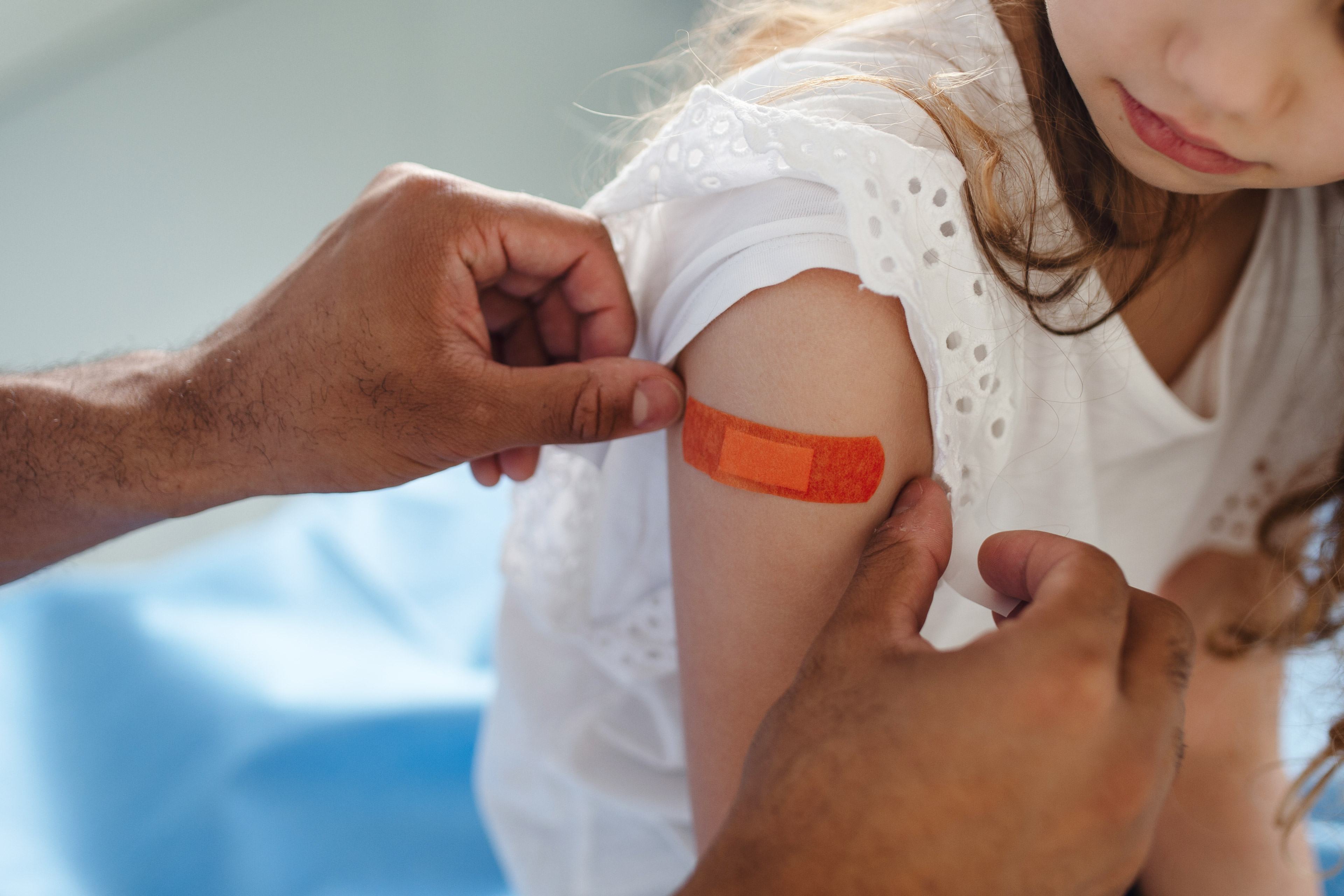Exploring the Impact of Measles Outbreaks and Vaccination Rates: A Deep Dive
Understanding the Measles Resurgence
The measles virus, once nearly eradicated in the United States, is resurging with alarming speed in certain regions. The current outbreak in West Texas is symptomatic of a broader problem: deteriorating vaccination rates driven by misinformation and legislative changes. Health departments at the local level are finding themselves overstretched as they tackle this public health crisis.
Why Vaccination Rates Are Plummeting
Vaccine hesitancy has been fueled by widespread misinformation, often propagated through social media platforms. The result? Many regions in Texas have witnessed a significant drop in vaccination coverage. New laws and policies also play a part, allowing for more exemptions and thereby reducing community immunity, or herd immunity, essential to preventing disease outbreaks.

“Vaccines remain one of the most successful and cost-effective public health tools available for preventing disease and death.” — Centers for Disease Control and Prevention (CDC)
The Consequences of Anti-Vaccine Movements
The measles outbreak has forced the closure of several private schools in West Texas, as unvaccinated populations create a breeding ground for the virus. This situation underscores the hazards posed by anti-vaccine movements, which have gained significant traction in recent years.
- Accelerated spread of preventable diseases
- Increased hospitalization and healthcare costs
- Significant strain on public health resources
Steps to Mitigate Future Outbreaks
Public health officials advocate for comprehensive strategies to contain the current outbreak and prevent future occurrences. These strategies include improving public health education, combating misinformation through trusted influencers, and strengthening vaccination requirements state- and nationwide. Access to life-saving vaccines is directly correlated with reduced incidences of outbreaks and better public health outcomes.
Measles: A Book for UnderstandingPublic Health and Community Participation
Maintaining high vaccination coverage ensures community protection and is a crucial element in the fight against measles. Community elders, educators, and healthcare providers play an essential role in promoting vaccination benefits. Moreover, leveraging social media can effectively reach large audiences with accurate information.
The YouTube video on vaccination provides a detailed explanation of how immunizations safeguard community health. Additionally, connecting with trusted figures such as Dr. Jane Doe on Twitter, known for her advocacy on child health, offers invaluable insights into maintaining public trust in vaccines.
The Road Ahead
The resurgence of measles in Texas is a timely reminder of the foundational role vaccines play in public health. As this situation unfolds, it becomes even more crucial to address underlying causes, encourage robust public health policies, and redefine the societal narrative around vaccines.
